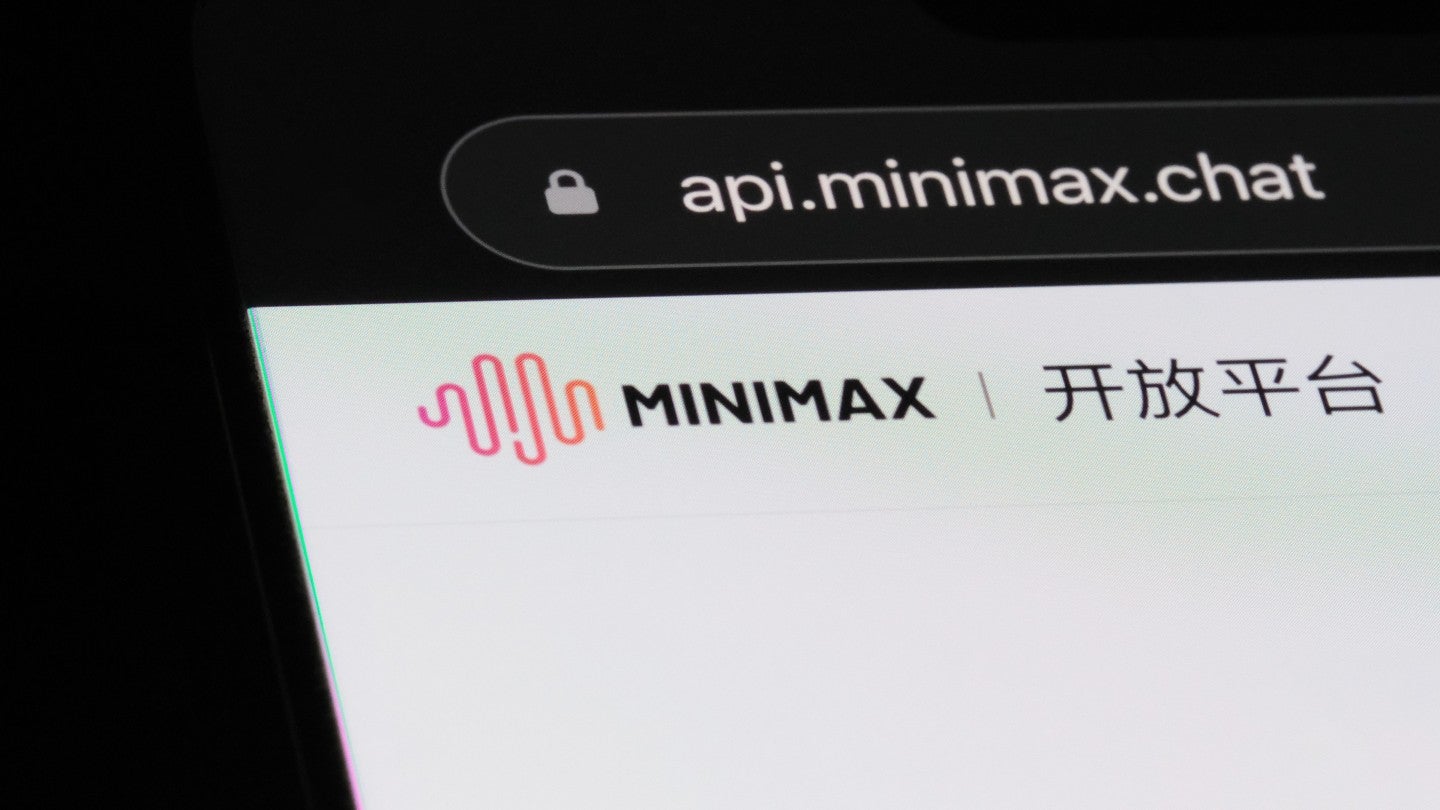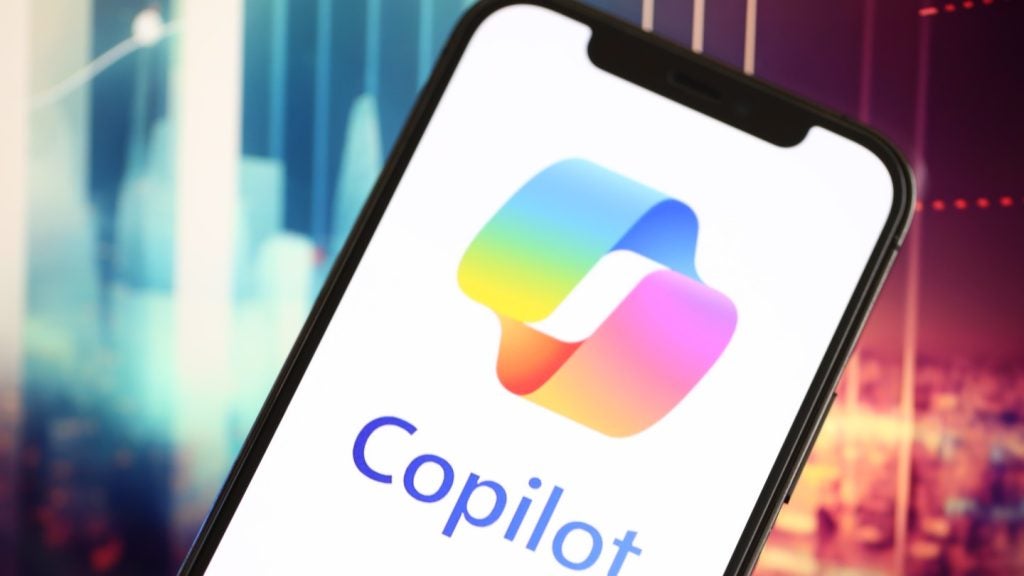
Chinese AI start-up MiniMax has introduced a series of low-cost open-source models, South China Morning Post reported.
The Shanghai-based company launched the MiniMax-01 large language model (LLM) family, including the foundational MiniMax-Text-01 and the multimodal MiniMax-VL-01 with visual capabilities.
In benchmark tests shared on MiniMax’s official WeChat account, the new foundational language model demonstrated performance comparable to leading global AI models, the news publication added.
These evaluations covered areas such as maths problem solving, domain knowledge, instruction adherence, and avoiding factual errors.
MiniMax’s benchmarks indicate that its models rival closed-source counterparts such as Google’s Gemini, Amazon-backed Anthropic’s Claude, and Microsoft-backed OpenAI’s ChatGPT.
These closed-source models are generally regarded as industry leaders in AI capabilities.
How well do you really know your competitors?
Access the most comprehensive Company Profiles on the market, powered by GlobalData. Save hours of research. Gain competitive edge.

Thank you!
Your download email will arrive shortly
Not ready to buy yet? Download a free sample
We are confident about the unique quality of our Company Profiles. However, we want you to make the most beneficial decision for your business, so we offer a free sample that you can download by submitting the below form
By GlobalDataIn June 2023, MiniMax announced that it was nearing completion of raising funds of more than $250m (1.8bn yuan) bringing its valuation to about $1.2bn.
Currently, the Glow app by MiniMax lets users create virtual characters, give them backstories, and then converse with them about subjects, such as relationship advice and how to deal with hair loss.
This release follows closely on the heels of Hangzhou-based DeepSeek’s open-source V3 model.
Hong Kong-listed SenseTime also introduced a “unified large model” combining text and image understanding with reasoning abilities.
Despite technological advancements, Chinese AI start-ups face monetisation hurdles. Large tech firms such as ByteDance, owner of the popular Doubao chatbot app, can offer AI products to millions for free, while start-ups must balance expansion with monetisation to sustain their operations.
MiniMax’s Talkie app, similar to Character.ai, has been a significant revenue source but was delisted from Apple’s App Store in the US due to unspecified “technical reasons.” However, the Android version remains available on Google Play.







